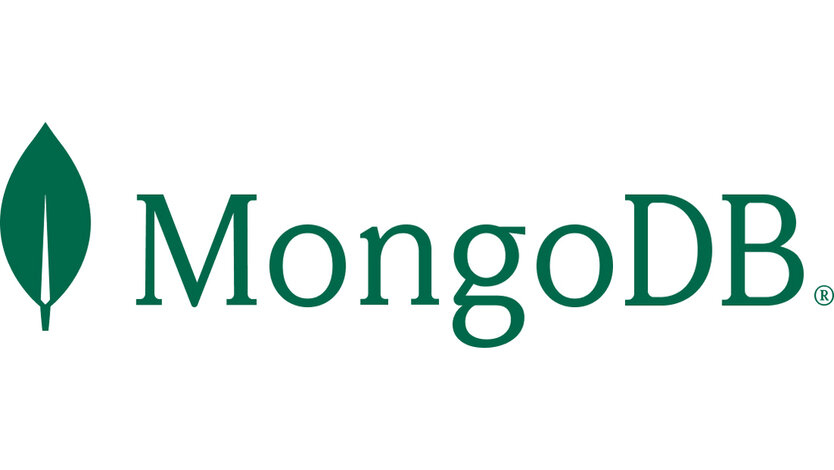A Deep Dive into MongoDB: A NoSQL Database for Modern Applications
In the rapidly evolving world of modern application development, data management plays a pivotal role. Traditional relational databases, while reliable, often struggle to keep up with the demands of today's data-driven applications. Enter MongoDB, a NoSQL database that has gained immense popularity for its flexibility, scalability, and ease of use. In this blog, we'll take a deep dive into MongoDB, exploring its core features, use cases, and advantages.
For Free Demo classes Click Here!
What is MongoDB?
MongoDB is an open-source, document-oriented NoSQL database designed for flexibility and scalability. Instead of using tables and rows, MongoDB stores data in flexible, JSON-like documents known as BSON (Binary JSON). These documents can vary in structure, making MongoDB suitable for a wide range of applications.
For Free Demo classes Click Here!
Key Features of MongoDB:
1. Flexible Schema: Unlike traditional databases, MongoDB does not require a fixed schema for data storage. This means you can add or remove fields from documents as your application evolves, making it perfect for agile development.
2. Highly Scalable: MongoDB can handle massive amounts of data and high loads. It supports horizontal scaling through sharding, which distributes data across multiple servers.
3. Rich Query Language: MongoDB offers a powerful query language that supports complex queries, indexing, and full-text search. It also supports geospatial queries, making it ideal for location-based applications.
For Free Demo classes Click Here!
4. Replication: MongoDB provides automatic failover and data redundancy through replica sets. This ensures high availability and data durability.
5. Aggregation Framework: MongoDB's aggregation framework allows you to perform advanced data transformations and analytics operations on your data within the database itself.
6. Schema Validation: While MongoDB is schema-less by default, you can enforce a schema using schema validation rules if needed.
Use Cases for MongoDB:
MongoDB's flexibility and scalability make it suitable for a wide range of applications across various industries:
For Free Demo classes Click Here!
1. Content Management Systems: MongoDB is an excellent choice for managing content due to its flexible schema. It can store blog posts, articles, images, and metadata efficiently.
2. E-commerce: Online retailers use MongoDB to handle product catalogs, user profiles, shopping carts, and order data. Its scalability ensures that the platform can handle peak traffic during sales and promotions.
3. IoT and Sensor Data: MongoDB is well-suited for handling large volumes of data generated by IoT devices and sensors. It can store and process sensor readings, device states, and analytics data effectively.
4. Real-time Analytics: MongoDB's aggregation framework allows businesses to perform real-time analytics on their data, enabling faster decision-making.
5. Location-Based Services: Apps that rely on geospatial data, such as mapping applications and ride-sharing services, can leverage MongoDB's geospatial capabilities.
For Free Demo classes Click Here!
6. Catalogs and Inventory Management: MongoDB is used to manage product catalogs, inventory, and supply chain data in the retail and manufacturing sectors.
Advantages of MongoDB:
1. Flexibility: Developers can adapt to changing requirements without the need for extensive schema migrations.
2. Scalability: MongoDB scales horizontally by distributing data across multiple servers, making it suitable for handling large datasets and high traffic.
3. High Performance: MongoDB's indexing and query optimization provide fast read and write operations.
4. Community and Ecosystem: MongoDB has a vibrant community, extensive documentation, and a rich ecosystem of tools and libraries.
5. Cloud Integration: MongoDB Atlas, the managed cloud database service, simplifies database deployment and management on popular cloud platforms like AWS, Azure, and Google Cloud.
Conclusion
MongoDB has become a go-to choice for many developers and organizations looking to build modern, scalable, and flexible applications. Its NoSQL nature, coupled with features like schema flexibility, scalability, and high performance, make it an excellent fit for a wide range of use cases.
As technology continues to evolve, MongoDB remains at the forefront of the database landscape, empowering developers to build innovative and data-intensive applications with ease. Whether you're developing a content management system, an e-commerce platform, or an IoT application, MongoDB offers the tools and capabilities to help you succeed in today's data-driven world.
For Free Demo classes Click Here!
Mentor - Rajesh Chaudhary
Intormation and research are sources from internet.
Tags: #NeuralNetwork #Aap Development #SoftwareDevelopment #nitsglobal #website #blog

